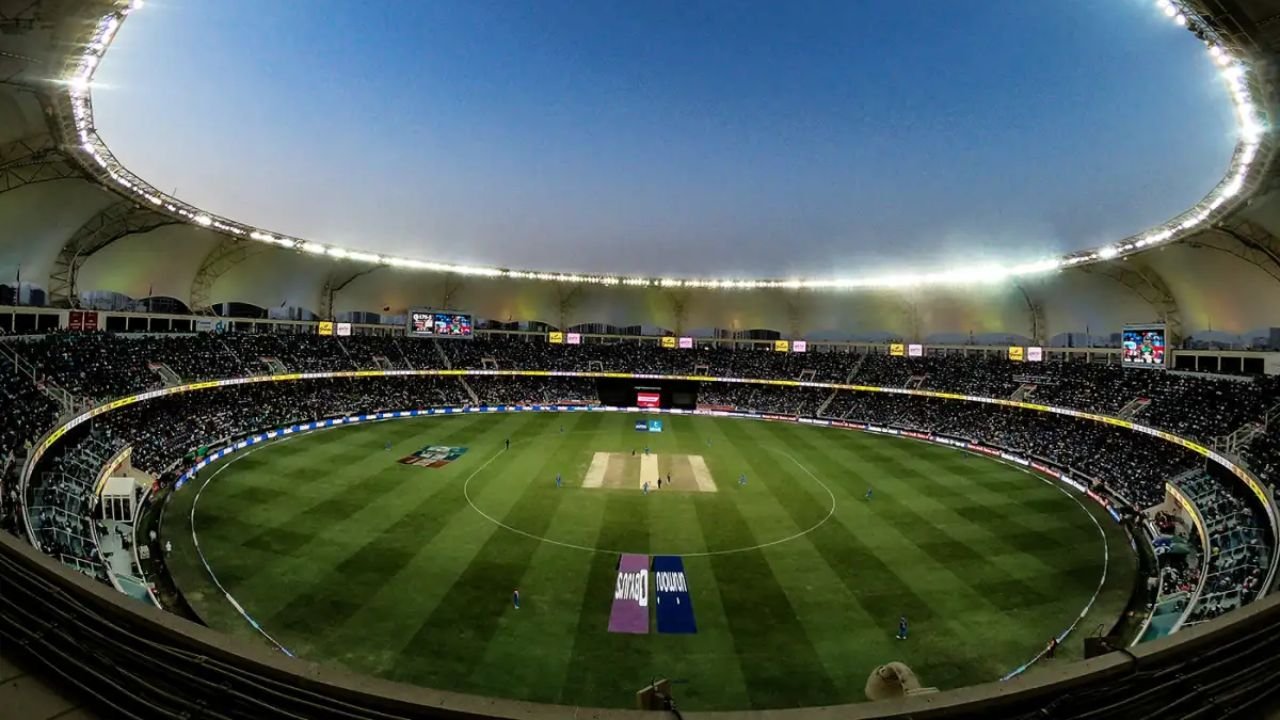The bronze medal matches of the men’s and women’s hockey events in the Tokyo Olympics was not for the faint-hearted. The matches themselves were thrillers in every sense of the world and, from an Indian context at least, the historic background only made it all the more breathtaking.

In the end, the result was such that both sides left Japan with smiles on their faces. While the men’s team wiped off tears of joy after beating Germany 5-4 before getting on to the flight, the women’s team had to see beyond the pain of losing 4-3 to Great Britain to see just how monumental their fourth place finish was.
Gurbux Singh knows a thing or two about the joy and pain of representing India in hockey at the Olympics. The 87-year-old travelled to Japan and Mexico in two Games and was arguably among the last generation of Indian players for whom not winning gold at the Olympics was seen as an abomination. Gurbux won gold at the 1964 Games and bronze in 1968, where he was also joint captain of the team. India would win another bronze in 1972 after which they would win just one medal – gold in 1980 – for nearly four decades before 2021.
Gurbux’s years were marked by the Indian team’s tussle with Pakistan, who had ended their reign at the Olympics in 1960. Gurbux said that watching the men’s team win bronze at Tokyo 2020 took him back to the time when the team he played with snatched the title back from Pakistan.
“Definitely brought back a lot of memories. I was part of the team that won gold in 1964, snatching it back from Pakistan who had won it in 1960. Sitting and watching those matches I was expecting that we can do it. I think we did very well. All those years that we couldn’t win a medal, we were in the wilderness. Coming back into the medal category was great,” Gurbux told Hindustan Times.
The wilderness years
The years of India dominating the sport at the Olympics are well and truly in the past and a long-term follower of the sport would be more familiar with the scars of the team’s misses since 1972, barring the gold medal in 1980. It had reached its zenith when Indian failed to qualify for the Olympics for the first time since the sport became a permanent fixture in the game in 1928.
“I was witness to so many previous Olympics like 2002 where we almost made it past the group stage. We drew with Poland in the last match and did not qualify. That was also the case in Los Angeles (1984) that we just about failed to qualify after drawing with Germany. We were in the wilderness but these wonderful youngsters did it again and it was a great thing.
“Particularly the last moments when it was touch and go, just a few seconds were left and the clock also stopped. I think those were the moments which were really tense but ultimately we did it.”
While stating that the contribution of the teams led by the legendary Dhyan Chand before independence can never be overlooked, Gurbux said that the gold medal victory at the 1948 Olympics in London was as important as any due to the fact that it continued India’s dominance despite the team losing many players after the partition. The years of dominance around the time that the two country gained independence and their journey back to being among the medals is covered in the documentary ‘India’s Game’ which can be streamed on Hockey India’s Youtube page.
Gurbux Singh is among those that feature in the film and story director Matt Crocker says that the real challenge was cramming in as much of the 100 years of history of Indian hockey into the film as possible. “We were looking at a 100 years of history to condense into a 20 minute film. So the first thing we really wanted to do was look at key moments that we could explore in more detail. It was after speaking to historians and representatives of the government of Odisha that we pinpointed that we wanted to look at four key games to be the focus – 1936 where they played Hitler’s Germany, 1948 where they played their colonial rulers Great Britain, 1975 World Cup final against Pakistan and 2020 which was the scene of India’s incredible comeback to the sport. We knew which stories we wanted to tell,” he said.
Gurbux said that reminders of just how dominant India used to be in the past is good as the teams look to get as close as possible to the level that those teams reached. “This was a documentary that reminded us of our power which will help us in trying to win more gold medals in the future. I don’t want to discredit the teams that won in 1928 and the 1930s under Dhyanchand but Kishan Lal’s team in 1948 restarted that same journey and continued it. Seeing the tricolour in 1948 right after getting independence must have been a great experience for them,” said Gurbux.









Leave feedback about this